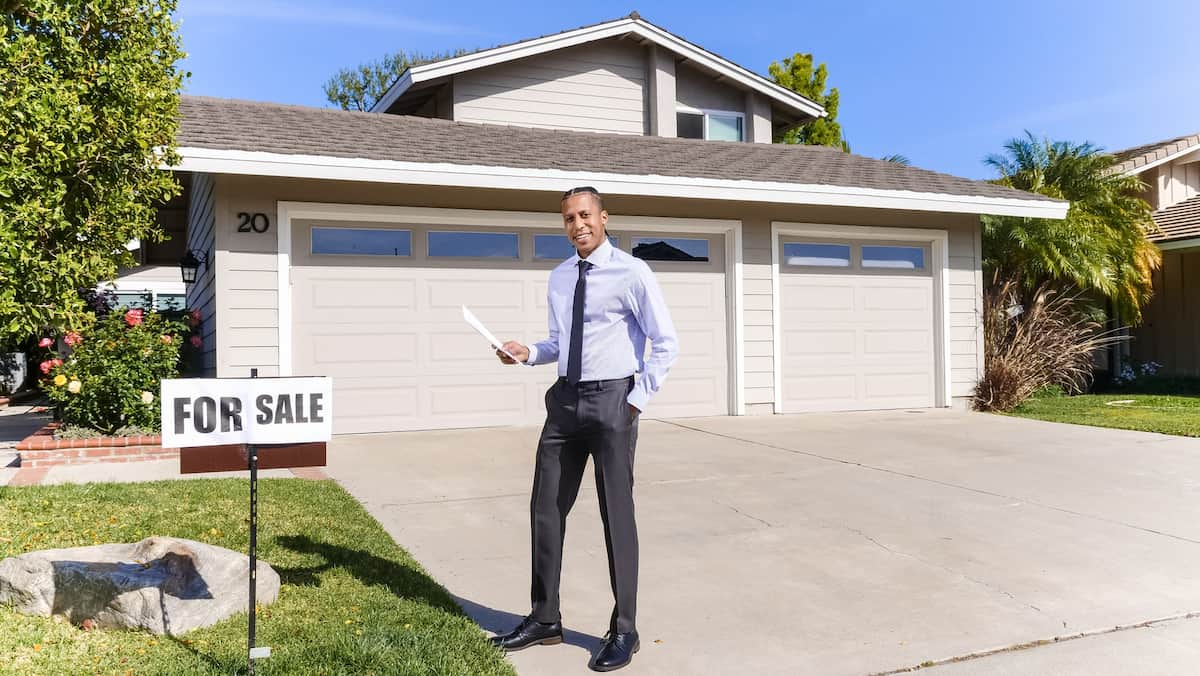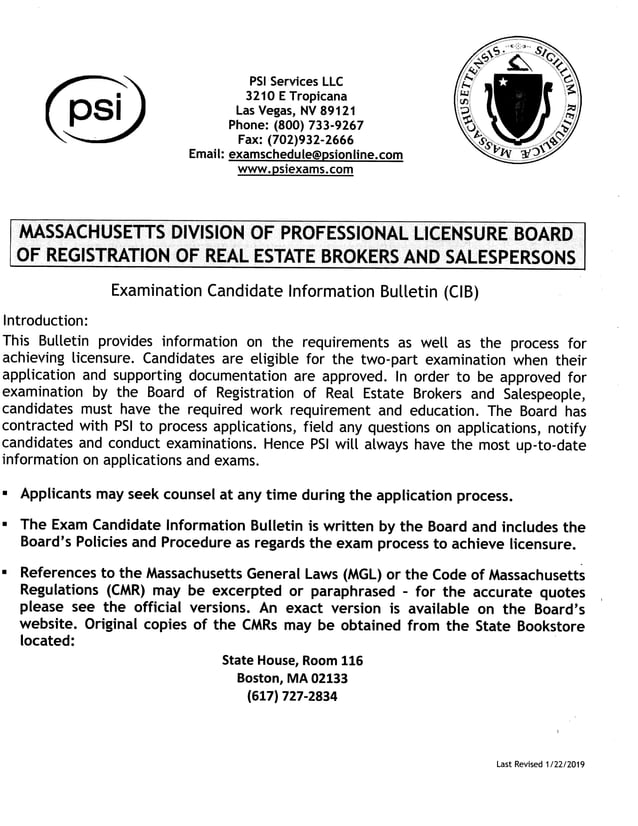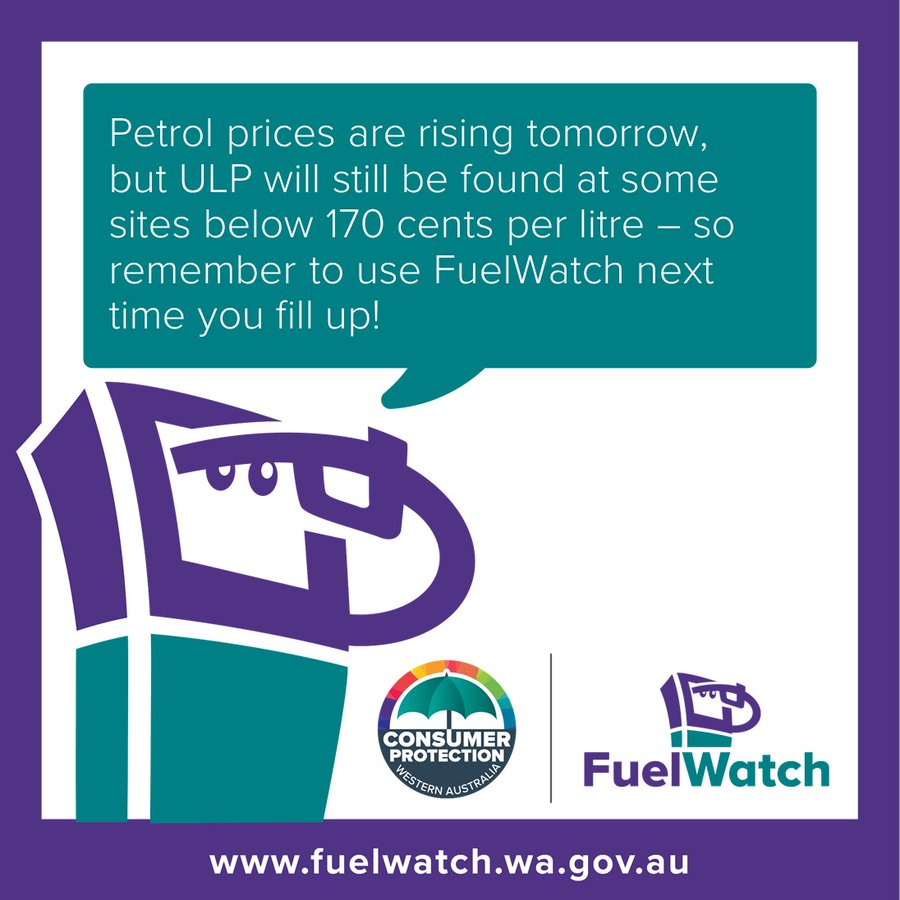
If you're interested in learning how to get into real estate development, there are a variety of ways to start your career. These include building relationships, gaining experience, and getting relevant certifications. There are many online communities that will allow you to meet people from your industry. Ultimately, it will come down to what interests you the most.
Building relationships
You must have relationships in order to succeed in real-estate development. Brian Wilson, real estate developer, states that it is important to focus on building relationships as well as networking. People do business with people they know and trust." Establishing trust relationships with others will help you get started in real estate development.
A traditional project manager's job is to negotiate with vendors and contractors, but a developer's role can be quite different. In addition to overseeing the development process, a developer also has to supervise other consultants, such general contractors, architects, or environmental engineers. Real estate developers who are successful must build relationships and be able to work with contractors and other consultants.

Education
Education for real estate development is a critical part of starting a real estate career, whether you want to build residential properties, develop commercial properties, or create mixed-use buildings. The field requires teamwork, stakeholder engagement, and a strong entrepreneurial spirit. The best developers get down to work and take an active role in the communities in which they work. Self-study is great, but you can never replace hands-on experience. It is crucial to gain a thorough understanding of the industry through an interactive program like that offered by Clemson.
MRED's curriculum covers all aspects of the real-estate industry. It is multidisciplinary. It combines legal and financial principles with topics like urban design, city history, and market analysis. Students have the chance to electives that are in line with their interests. The program requires that students complete an internship with real estate development.
Experience
Real estate development requires skills and experience. This includes planning and organizing budgets, market trends, demographic analysis, as well as planning for construction and marketing. Successful real estate developers must be able to communicate with clients and employees to create a positive end product.
There are three stages to real estate development. These stages require knowledge about different types of real property, including land and temporary and permanent structures. Successful developers must also have experience with sales and marketing.

Certificates
For those interested in the real estate business, certifications and designations are useful tools. But they can be costly. To be eligible for these credentials you must have relevant experience and complete courses. Online courses and certificates are also available for free in real estate development and finance.
Real estate certifications can help you become a more successful real estate professional. These courses are taught and supervised by industry professionals. Students will gain essential knowledge through this program and can also gain valuable insight from guest speakers. The University of San Diego's Division of Professional & Continuing Education is an accredited institution that can grant you your certificate. The faculty includes professionals from both academic and professional backgrounds.
Geographic focus
You must determine your geographic focus if you want to be successful in real estate development. Your product should also be decided. You can customize your work for your target market by choosing your focus. You could focus on single-family or condominiums. This allows you to narrow down your geographic reach and focus on one particular area or city.
FAQ
What should I look for when choosing a mortgage broker
Mortgage brokers help people who may not be eligible for traditional mortgages. They work with a variety of lenders to find the best deal. There are some brokers that charge a fee to provide this service. Others provide free services.
How much money do I need to purchase my home?
It depends on many factors such as the condition of the home and how long it has been on the marketplace. Zillow.com shows that the average home sells for $203,000 in the US. This
What is a Reverse Mortgage?
A reverse mortgage lets you borrow money directly from your home. It allows you to borrow money from your home while still living in it. There are two types to choose from: government-insured or conventional. If you take out a conventional reverse mortgage, the principal amount borrowed must be repaid along with an origination cost. FHA insurance covers the repayment.
How long does it take for a mortgage to be approved?
It depends on many factors like credit score, income, type of loan, etc. It typically takes 30 days for a mortgage to be approved.
Is it possible sell a house quickly?
You may be able to sell your house quickly if you intend to move out of the current residence in the next few weeks. Before you sell your house, however, there are a few things that you should remember. You must first find a buyer to negotiate a contract. You must prepare your home for sale. Third, it is important to market your property. You should also be open to accepting offers.
What are the benefits of a fixed-rate mortgage?
Fixed-rate mortgages lock you in to the same interest rate for the entire term of your loan. This ensures that you don't have to worry if interest rates rise. Fixed-rate loan payments have lower interest rates because they are fixed for a certain term.
Statistics
- Private mortgage insurance may be required for conventional loans when the borrower puts less than 20% down.4 FHA loans are mortgage loans issued by private lenders and backed by the federal government. (investopedia.com)
- Over the past year, mortgage rates have hovered between 3.9 and 4.5 percent—a less significant increase. (fortunebuilders.com)
- The FHA sets its desirable debt-to-income ratio at 43%. (fortunebuilders.com)
- This means that all of your housing-related expenses each month do not exceed 43% of your monthly income. (fortunebuilders.com)
- This seems to be a more popular trend as the U.S. Census Bureau reports the homeownership rate was around 65% last year. (fortunebuilders.com)
External Links
How To
How to buy a mobile house
Mobile homes are homes built on wheels that can be towed behind vehicles. Mobile homes have been around since World War II when soldiers who lost their homes in wartime used them. People today also choose to live outside the city with mobile homes. There are many options for these houses. Some houses have small footprints, while others can house multiple families. You can even find some that are just for pets!
There are two main types of mobile homes. The first is built in factories by workers who assemble them piece-by-piece. This occurs before delivery to customers. A second option is to build your own mobile house. The first thing you need to do is decide on the size of your mobile home and whether or not it should have plumbing, electricity, or a kitchen stove. Next, make sure you have all the necessary materials to build your home. You will need permits to build your home.
If you plan to purchase a mobile home, there are three things you should keep in mind. Because you won't always be able to access a garage, you might consider choosing a model with more space. A larger living space is a good option if you plan to move in to your home immediately. Third, you'll probably want to check the condition of the trailer itself. Problems later could arise if any part of your frame is damaged.
You need to determine your financial capabilities before purchasing a mobile residence. It is important that you compare the prices between different manufacturers and models. Also, consider the condition the trailers. Many dealerships offer financing options but remember that interest rates vary greatly depending on the lender.
You can also rent a mobile home instead of purchasing one. Renting allows you the opportunity to test drive a model before making a purchase. Renting isn’t cheap. The average renter pays around $300 per monthly.